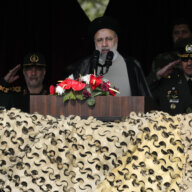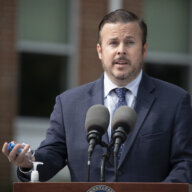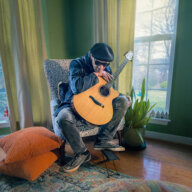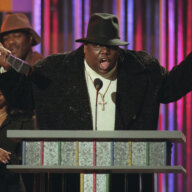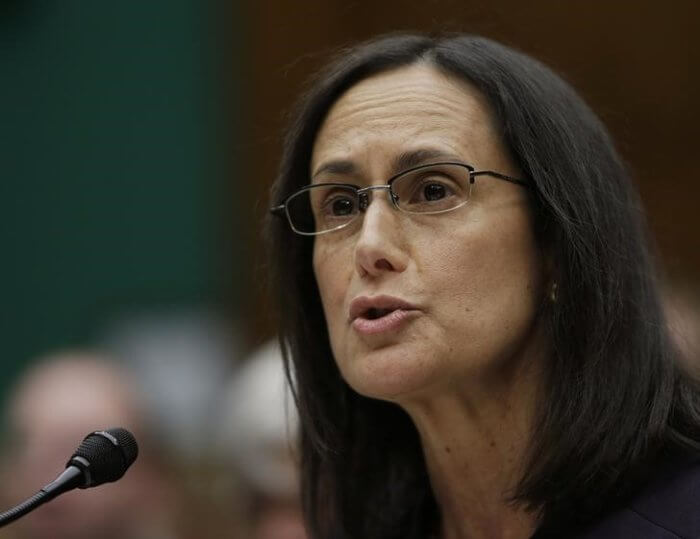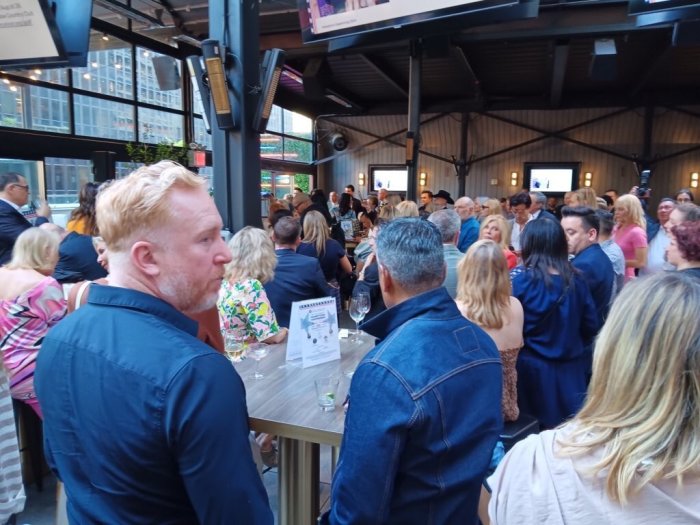By David DeKok
(Reuters) – Prosecutors are due to argue in Philadelphia on Thursday that an 80-year-old Korean-American businessman should resume serving a life sentence for the arson murder of his mentally ill daughter in 1989. Han Tak Lee had served nearly 25 years in a Pennsylvania prison for the death of his 20-year-old daughter, Ji Yun Lee, at a religious retreat in the Pocono Mountains, when a federal magistrate in Harrisburg last year ordered him freed. The magistrate concluded that nearly all the technical evidence used to convict Lee was based on beliefs about arson fires that had since been discredited. Monroe County assistant prosecutor Mark Matthews is expected to tell a three-judge panel of the 3rd U.S. Circuit Court of Appeals that there is enough good evidence remaining to send Lee, who lives in New York City, back to prison. “The evidence now considered to be inadmissible and prejudicial should be considered harmless error in light of the overwhelming, untainted evidence introduced at trial to support (Mr.) Lee’s conviction,” he wrote in court papers filed before Thursday’s hearing. Prosecutors at Lee’s trial presented evidence showing that the fire that killed his daughter burned at an unusually high rate, reflecting the then-current belief that intentionally set fires burned with greater intensity than accidental ones. Science now shows that the rate at which a fire burns is determined by the amount of oxygen. Lee’s stoic demeanor after his daughter’s death is among the evidence cited by prosecutors. Lee’s lawyer, Peter Goldberger, said the reaction was in keeping with Korean male tradition. Goldberger argued in court papers that prosecutors did not have enough valid evidence to convict Lee. He is also expected to argue that prosecutors missed the deadline for filing their appeal.
Lee is far from alone in appealing an arson conviction based on discredited science, said John Lentini, an arson expert who testified at Lee’s trial.
“A lot of people were convicted on junk science,” Lentini said.
(Reporting by David DeKok in Harrisburg, Pa.; Editing by Scott Malone and Peter Cooney)











